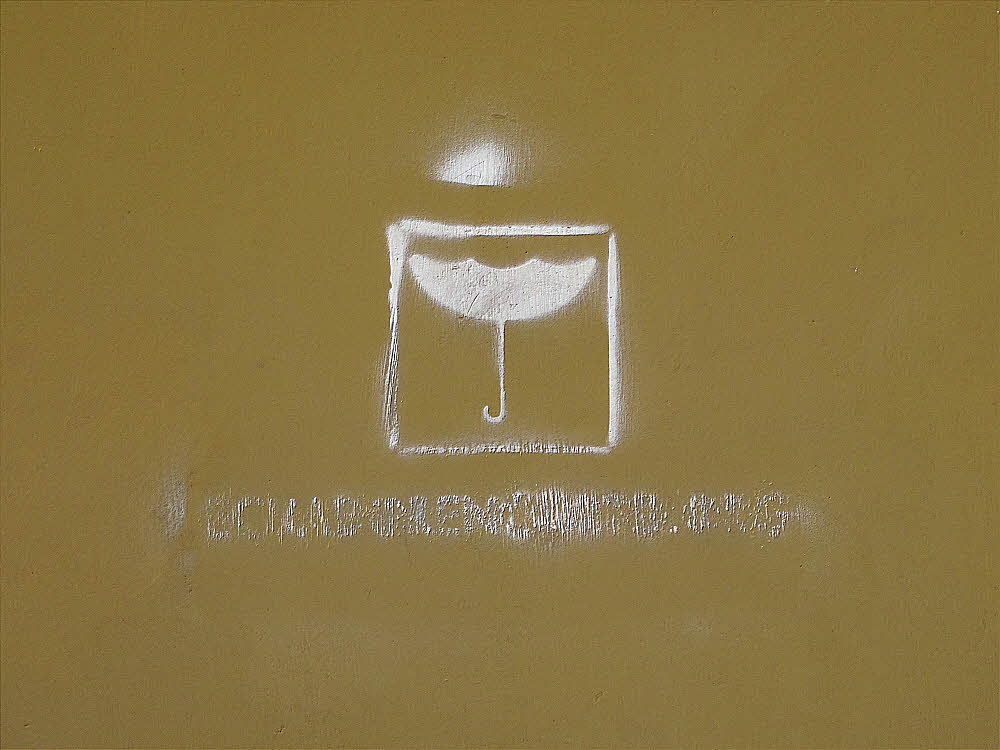
Make mine crunchy, with a sprinkling of crustose lichen, please.
We're dealing with plants here. Plants.
How plants start growing on bare ground, get old, die, and are replaced by other plants in succession. It happens.
Plants — all plants — like water. What is different here with this xerosere thing is that water is zeroed out. You can't expect things to work up too much speed in that environment, and they don't. What was our first clue?
The plants you encounter in xerosere conditions are likely to have bad attitudes, not to have team any spirit at all. They are loners with personality problems. Spikes, spears, thorns, prickles, pokers — any sort of jabby thing you can imagine — these plants have 'em.
"Xeros" means dry and a "sere" is one snapshot in the endless evolution of a community. Xerosere. Hardscrabble.
Start with a dry habitat. Say, for example, bare, hot rock, and move on from there, and you've got the idea. These places can be interesting in the way that dunes, sand deserts, salt deserts, and rock deserts can be interesting, mostly in a bleak and abstract way, but they never are all that welcoming, even if you're a plant with all sorts of spines and pokers pointing out in every direction. Even then you have to fight your way in, and then what have you got?
Get it?
Etc.:
- A primary ecological succession beginning with solid bedrock, coarsely broken rocks, or fine rock and sand particles.
- A series of successional stages beginning on a dry habitat.
- Broken, oil-stained pavement where your hiking trail used to run through the forest.
No, xeroseriously.